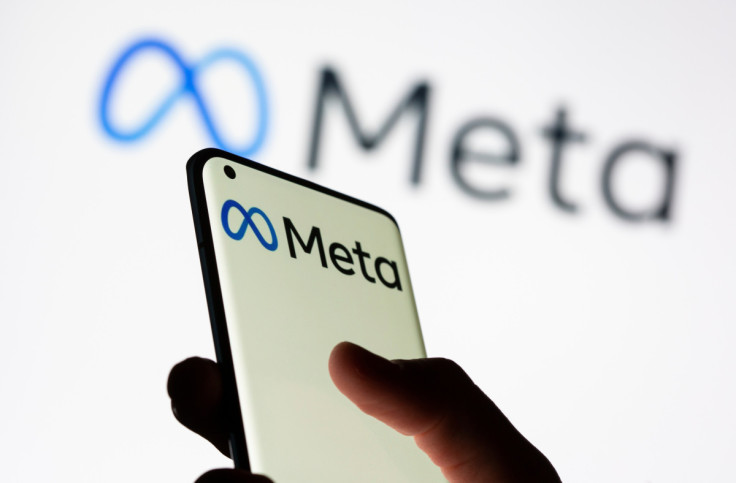Russia Considers Facebook Parent Company Meta A 'Terrorist And Extremist' Organization

KEY POINTS
- Russia added US company Meta Platforms Inc. to its 'terrorist and extremist' organizations list
- Showing Instagram and Facebook logos or advertising on the sites could be illegal under Russia's criminal code
- Meta 'extremist' label does not include its WhatsApp messaging service
Russia added U.S. corporation Meta Platforms Inc. to its "terrorist and extremist" list, according to the country's financial monitoring watchdog.
On Tuesday, the Federal Financial Monitoring Service (Rosfinmonitoring) added Meta to its list of organizations involved in terrorism and extremism, state-owned news platform Interfax reported.
This follows Russia's decision in March to ban the company's services and block access to its applications. Moscow officials accused the parent company of Facebook, Messenger, Instagram and WhatsApp of tolerating "Russophobia" amid Russia's invasion of Ukraine.
Roskomnadzor, the state's tech regulator, noted that Meta's coverage of the Ukraine-Russia situation was slanted in favor of Western nations, adding that the company is "discriminating" against Russian news agencies as it has restricted user access to websites like Sputnik and Russia Today.
Despite being blocked in the country, some Facebook and Instagram users still use virtual private networks (VPNs) to access the applications.
Roskomnadzor has reportedly revised its list of banned VPNs, according to Economic Times. The regulator started banning VPNs in 2021.
Meta's addition to Russia's "terrorist and extremist" organizations list means that Russian citizens or businesses that run advertisements on Facebook or Instagram risk facing up to 10 years in jail for "sponsoring extremism."
Pavel Chikov, a human rights lawyer, has warned Russian citizens on Telegram that showing Instagram and Facebook logos or advertising on the sites could be illegal under Russia's criminal code.

© Copyright IBTimes 2025. All rights reserved.





















